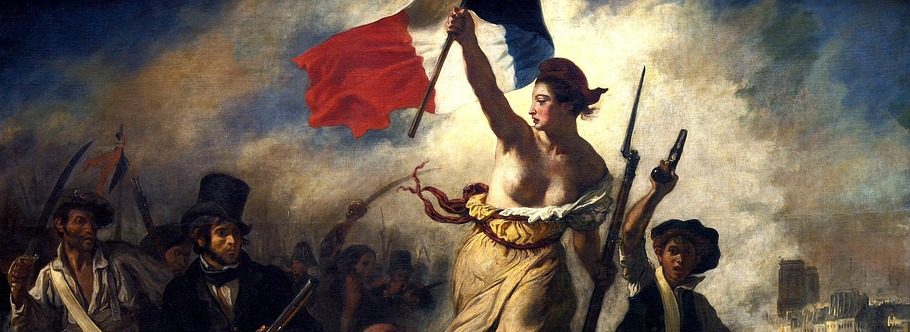Please take note of this conference on "Social and Military Conflict in the Long Nineteenth Century", taking place in Moscow, 1–3 October 2020.
Convenor: Prof. Dr. Alexandre Tchoudinov (Russian Academy of Sciences, Institute of World History, Moscow)
The long nineteenth century, the period from the French Revolution to the eve of the First World War, produced its share of conflict and upheaval. The century began and ended with cataclysmic wars that tore Europe apart and resulted in a horrific loss of life. Yet for most of the intervening period the power struggle between France, Britain, Austria, Prussia and Russia that had resulted in such regular warfare a hundred years earlier was pursued through diplomacy, not war, the one exception being in Crimea in the 1850s. The Congress System might seem to have achieved its goal of keeping the peace between the great powers in Europe, but that does not mean that it eliminated all recourse to arms. The major European powers continued to pursue their rivalry overseas, in their quest for colonies in Africa and Asia; anti-colonial insurgencies brought war to large swathes of the Americas; while in Europe the growth of nationalism resulted in local conflicts from Spain and Germany to Greece and the Balkans. Nineteenth-century wars were just more limited, fought over colonies or for specific objectives.
The long nineteenth century was also marked by violent social transformations and political upheaval. The legacy of the French Revolution continued to disrupt the established order, and there would be renewed outbreaks of revolution across large parts of Europe in 1830 and 1848. The social fabric was changing too, with rapid urbanization and industrialization in northern Europe and the United States, producing a new industrial elite and leading to a demand for an expanded suffrage throughout much of the European world. It created a working class, too, herded into factories in bleak industrial towns, and with it a new consciousness of class, spawning ideologies of socialism and anarchism that would inspire revolutionary movements, in the Paris Commune of 1871, in Russia, and across large parts of central and eastern Europe. The countryside was not exempt from upheaval, either, with Russian peasants demanding emancipation from serfdom, while in western Europe and the Americas abolitionists lobbied for an end to the slave trade and to the plantation economy. In the United States this led to open military conflict, with the Civil War and the loss of two million lives between 1861 and 1865; in Haiti to the first successful revolution by black slaves against their European masters. In such circumstances social aspirations could so easily turn into military conflict.
The subjects listed above are examples and by no means limited to the exclusion of others. Scholars of history are invited to send their proposals (max. 300 words, with a title and a short biography) to Mrs Evguenia Prusskaya evgap [at] list.ru and Mrs Valentina Bolt javany [at] mail.ru by January 31, 2020. Please note that the working languages will be English and Russian. There will be no fees for participating. Transportation costs will be paid by the organizers.
